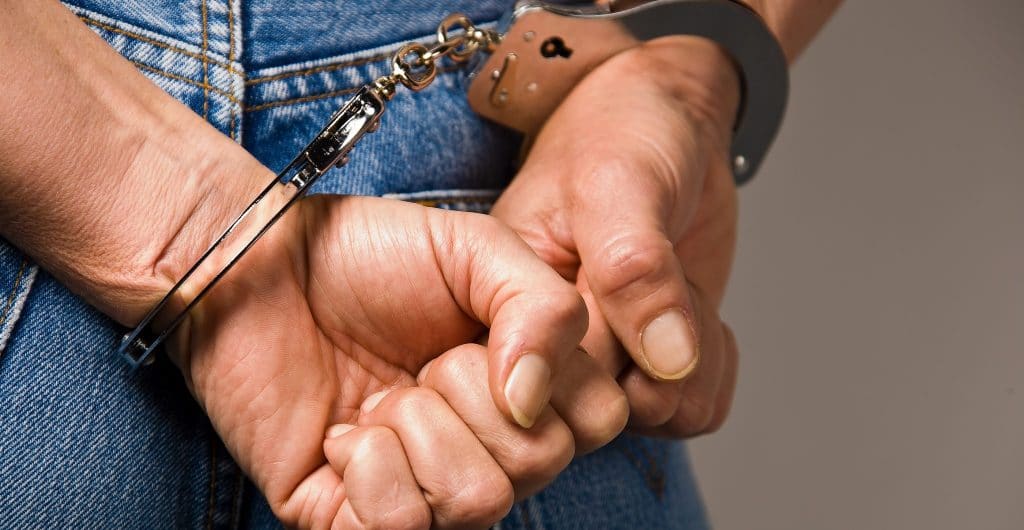South African traditional healer Sibonakaliso Mbili was sentenced to life imprisonment for influencing four persons to behead Indian-origin woman Desiree Murugan in 2014. Judge Thoba Poyo-Dlwati gave the ruling at the Durban High Court on Oct.4, and found that the four perpetrators — Jimmy Stanley Thelejala, Mlungisi Ndlovu, Mbali Magwala, and Falakhe Khumalo — lured Murugan to a Shallcross sports ground, before carrying out the killing.
Murugan was killed by the four after Mbili promised Khumalo 2 million Rand ($153,000) for bringing the head of an Indian or white or colored woman, for use in illegal witchcraft practice. Murugan, a 39-year-old Indian-origin woman who hailed from Chatsworth, Durban, was stabbed 197 times and beheaded on Aug. 17, 2014. Her headless body was found at the Shallcross sports field.
While Thelejala and Ndlovu were given 15-year jail terms, Magwala was sentenced to 12 years in prison. All the three were minor high school students at the time of committing the crime. Khumalo had pleaded guilty earlier and is serving life sentence. It was found that Thelejala and Ndlovu helped Khumalo kill and behead Murugan. Magwala did not actively participate in the act, but assisted the three by selecting her as a victim and washing her head in a bucket after the murder.
“Mbili used his influence as a sangoma by promising them [teenagers] muthi that would not make them visible to police,” Judge Poyo-Dlwati said, News 24 reported. “I agree with the State that there are no substantial and compelling circumstances that will make the court deviate from the prescribed maximum sentence.” The judge pointed out that she had kept into view the fact that Mbili pleaded innocence even though there was strong evidence against him. Mbili was accused of cutting Murugan’s head into several pieces, placing them in tins and burying them in his yard.
Poyo-Dlwati pointed out that the ruling should serve as a warning “that no matter your beliefs, don’t trample other humans’ right to life”.
The Traditional Healers Association of South Africa had earlier condemned the practice of using human body parts as traditional medicines, saying it was done by rogue elements, mainly in rural areas, and maligned genuine traditional healers.
